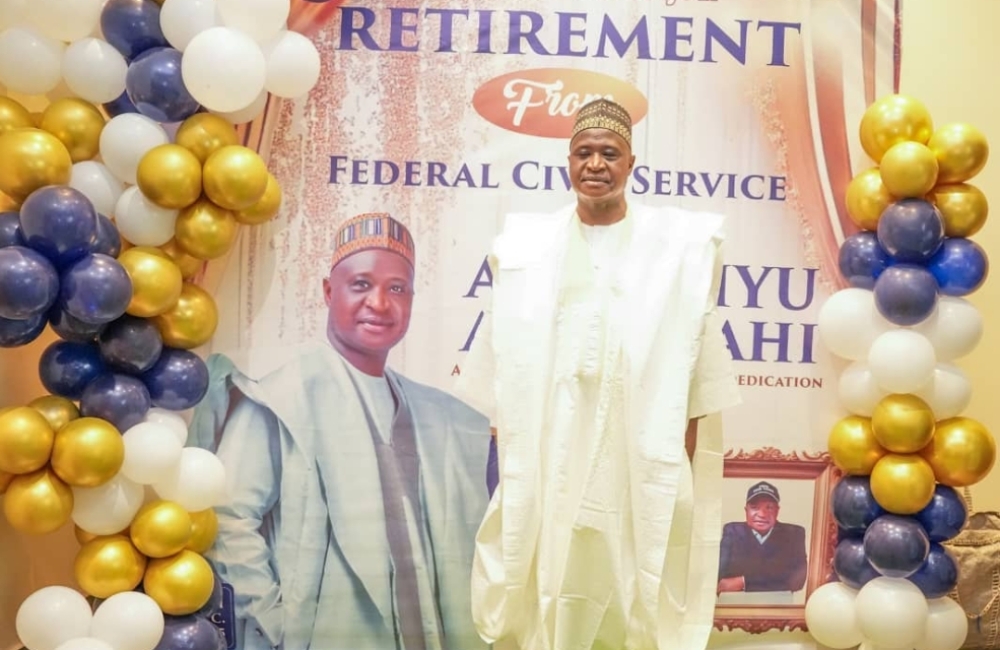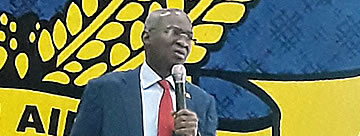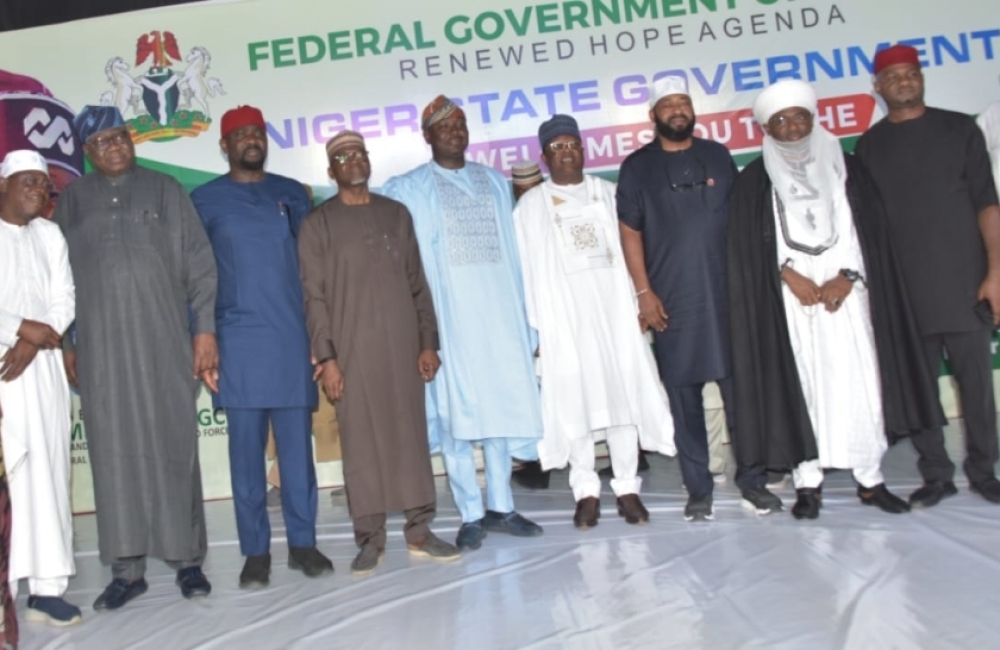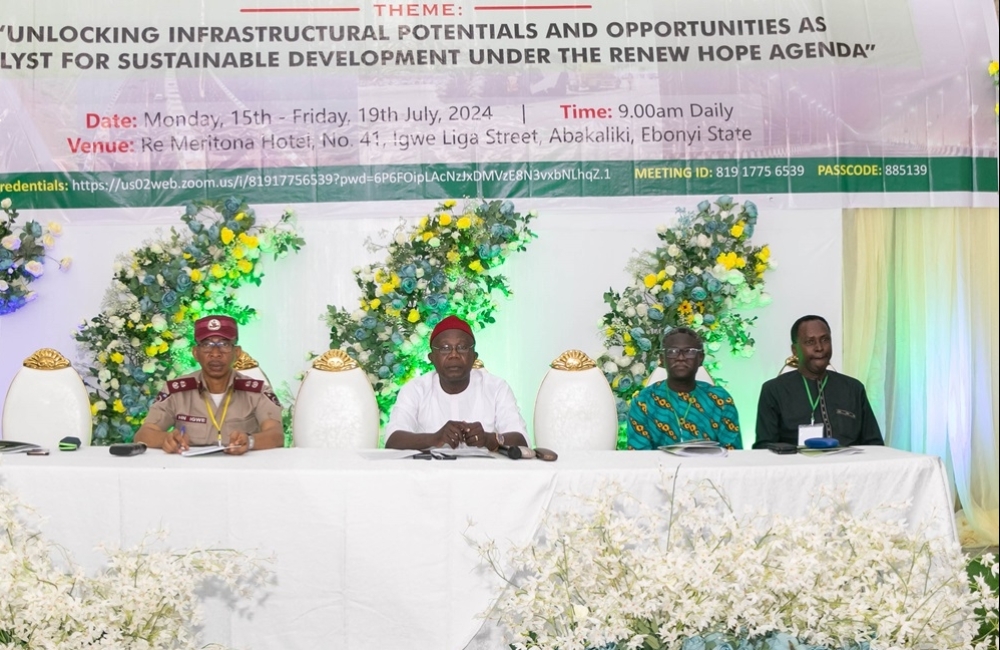Mr Babatunde Raji Fashola, SAN At The 23rd Meeting Of The National Council On Works
Address Delivered By The Honourable Minister Of Power, Works And Housing, At The NAF Conference Centre, Abuja On Thursday 20th July 2017
Distinguished ladies and gentlemen:
In choosing the theme of this year's Council, we, seek to raise the level and quality of our transport infrastructure to the globally acceptable standards.
As human beings, mobility has become a major commitment of the global urban agenda.
This must be so because our development, prosperity and sometimes our survival is tied to our mobility and so is our productivity, social and cultural interactions.
I am happy, first, to announce to you that Nigeria, under the leadership of President Buhari has played a critical and positive role in developing a common African position since 2016 that has helped to shape the Global Urban Agenda adopted in Quito, Ecuador this year to guide the global development until 2036.
What is left is for us as champions of that African position and urban agenda, is to begin to localize and implement its component parts for the benefits of our people.
Yes, we have to build roads, highways and bridges.
But the question then is: Roads, highways and bridges to where. Where do they lead?
Unless we know where these critical transport infrastructure lead to, they will either have failed to achieve the objective of mobility or will, at best, do so with difficulty.
Long before the development of the Internet and the proliferation of smart phones and apps, many countries have developed maps to help guide their citizens and transport infrastructure users through the labyrinth of their network of roads.
But these maps alone do not achieve the purpose without road signs, which indicates to road users, how far their journey is, how far they have progressed, how much is left to travel, and how far away they are from one village, city, local government, or from critical services like hospitals, fuel stations and hotels or motels to help ease the stress and tedium of long distance travel.
Sadly, these signs are either non-existent or largely insufficient on our highways.
So, imagine driving by yourself into a city you have never been, how do you know where to link the next interstate highway, or expect to buy fuel or plan to sleep for the night on a long journey or get medical help in case of a road traffic accident.
Have we considered the fact that the existence of highway signs is a reason why the car rental business and its collateral employment thrives in some countries and not in our own?
The proliferation of global, country and state maps on the handheld devices therefore creates a compelling urgency on all of us to start developing and installing signage on our roads, bridges and highways at interstate and intra-state levels.
This is one sure way of facilitating mobility and implementing the local component of the global urban agenda for the benefit of our people.
But it will not be enough to just simply erect any type of sign, in any place or indeed anyhow.
They must be produced according to specifications and enduring materials, and they must be installed to a minimum standard that ensures their durability, endurance and utility for commuters.
I would like to place on public record, my pride, and indeed my gratitude to the staff of the works sector of the Ministry of Power, Works and Housing for their hard work in developing these specifications and standards.
Similarly, I will like to acknowledge the technical support and cooperation that the Corp Marshal of the Federal Road Safety Corps (FRSC) and his team have afforded our team in the process of developing the size, quality and lettering specifications of these signs.
Ladies and gentlemen, helping commuters to navigate the journey is only half of the human benefit of signage and our mobility policy.
The other half is the direct economic benefits to those people who will benefit from contracts, jobs and the financial rewards that come from producing the signs, fabricating the steel, printing the signs, and the labour to be employed in installing them.
These benefits are also true of lane marking.
This is why we have chosen this National Council, where states are represented, professional groups are represented and the requisite technical personnel are present to unveil this policy and programme.
While our roads are still in various stages of completion, our economic needs compel us to refuse to wait until everything is done before we begin to confer the benefits of lane marking and street signage on our people.
We have met in the Ministry and agreed to compile the list of roads where significant sections have been completed, and prepare them for procurement and award of sub-contracts in collaboration with our main contractors, and this procurement will then be advertised in due course as required by law and subject to an open and competitive bids.
As more sections of roads reach completion they will be subject to similar processes so we expect this to be continuous.
While we will implore on and insist that those who benefit from these contracts perform them to the highest standards of quality, we understand that signs can be damaged, and road markings require periodic touching up.
Therefore, we see a future of maintenance jobs and contracts going forward, to create sustained employment in our road transport sector.
Ladies and gentlemen, I could think of no better time, when our economy needs to be creative in order to provide inclusion for unemployed young able-bodied people, and I can think of no better forum than this National Council of Works, to discuss the economic, safety, and people-oriented basis of this policy, to address the theme of this council which is ‘Adequate Traffic Signage - An Essential Key for Highways Infrastructure, Safety and Comfort.’
I will now conclude by saying that everybody has an important role to play in order to ensure that the benefits of this policy reach all the sectors of our economy and the people they are designed for.
I sincerely hope that our government will be able to count on you as we have always done to ensure its successful implementation.
Thank you very much for your attention.
Babatunde Raji Fashola, SAN
Honorable Minister for Power, Works and Housing
Thursday 20th July 2017







